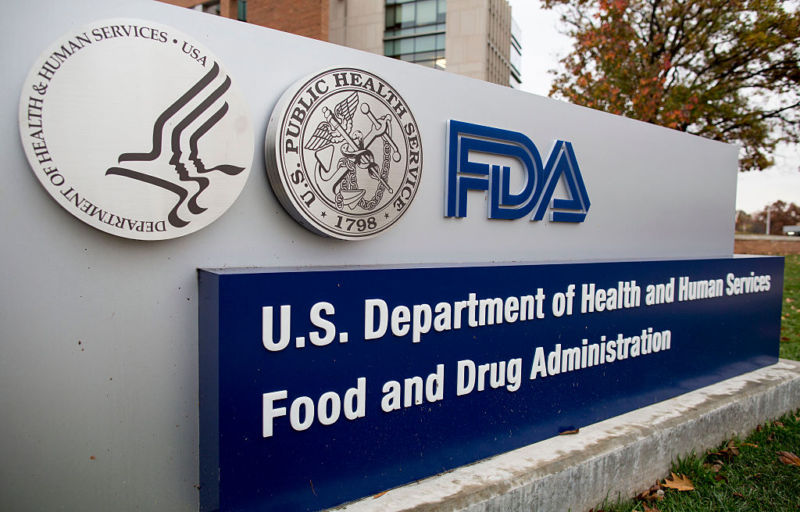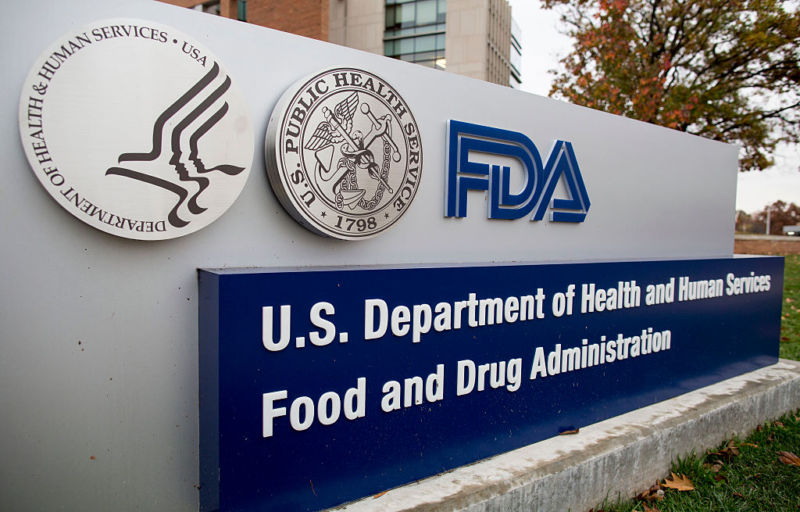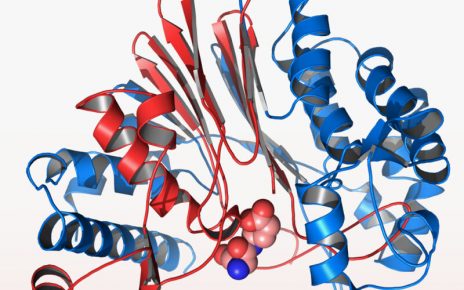
Enlarge (credit: Getty | Congressional Quarterly)
The US Food and Drug Administration on Monday approved the antibody drug Aduhelm (generic name aducanumab) to treat Alzheimer’s disease. Aduhelm is the first new Alzheimer’s drug to earn FDA approval since 2003. It’s also the first drug to target a theoretical cause of the irreversible neurodegenerative disease—clumps of beta-amyloid peptides that build up in the brains of Alzheimer’s patients—rather than just treating the disease’s symptoms.
The approval is, without a doubt, a landmark. It could provide hope to millions of patients, who currently have few options. And, given those limited options, it will certainly provide a massive money-maker for its developer, Biogen, which has already set the list price for a year’s worth of Aduhelm at $56,000. Analysists estimate that the drug will bring in $5 billion to $6 billion worth of sales per year in the US alone.
But, the FDA’s approval is far from a celebrated decision and the drug is far from a clear success. Since the FDA’s approval yesterday, researchers and pharma watchers have called the agency’s decision “disgraceful,” “a grave error” and a “dangerous precedent” that will end up “eroding confidence in the agency as a whole.”





